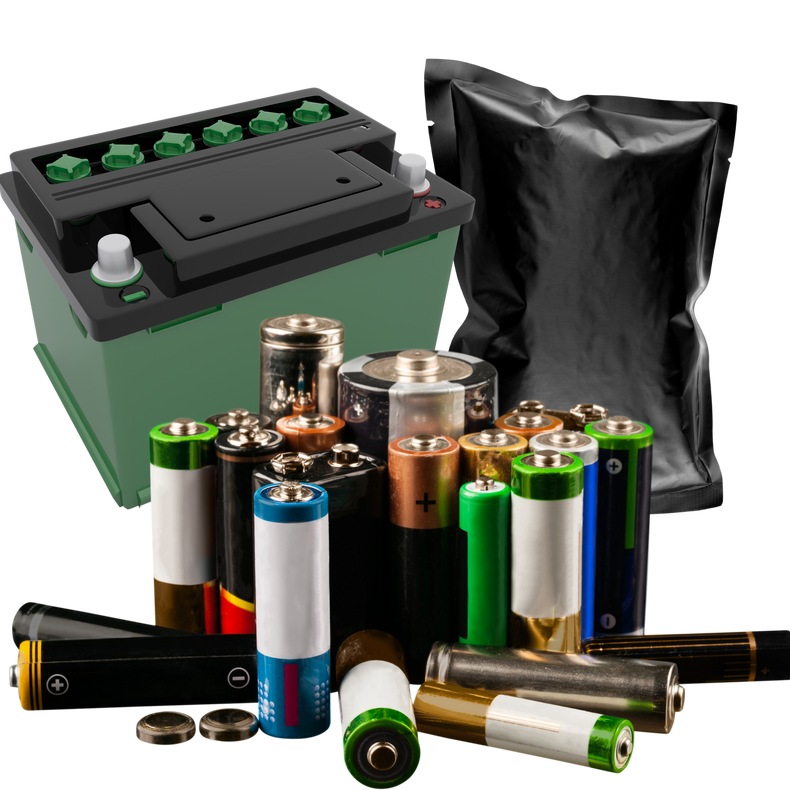Batteries are an essential component of modern life, powering everything from smartphones and laptops to electric vehicles and renewable energy storage systems. As the demand for battery-powered devices and vehicles continues to grow, so too does the need for high-quality battery production equipment. In this blog post, we'll take a closer look at battery production equipment and the different types of batteries they produce.
Battery Production Equipment:
Battery production equipment encompasses a wide range of machinery, tools, and devices that are used to manufacture batteries. Some of the key pieces of equipment used in battery production include:
1. Mixers:
Mixers are used to blend together the active materials that make up the electrodes of a battery. These materials typically include metals like lithium, cobalt, and nickel, along with graphite or other conductive materials.
2. Coaters:
Coaters are used to apply the active materials to the electrodes of a battery. The process of coating involves spreading a thin layer of the active material onto a metal foil substrate, which is then rolled up into a cylindrical shape to form the electrode.
3. Cell Assemblers:
Cell assemblers are used to join the two electrodes of a battery together, along with a separator and electrolyte, to form a complete battery cell.
4. Battery Pack Assemblers:
Battery pack assemblers are used to connect multiple battery cells together to form a complete battery pack. This process involves wiring the cells together, along with any necessary cooling or safety components.
Types of Batteries:
There are several different types of batteries, each with its own unique characteristics and applications. Here are some of the most common types of batteries produced using battery production equipment:
1. Lithium-Ion Batteries:
Lithium-ion batteries are the most commonly used type of rechargeable battery. They are lightweight, high-capacity, and have a long lifespan. Lithium-ion batteries are used in everything from smartphones and laptops to electric vehicles and renewable energy storage systems.
2. Lead-Acid Batteries:
Lead-acid batteries are the oldest and most common type of rechargeable battery. They are inexpensive, reliable, and can provide high power output. Lead-acid batteries are often used in automotive applications, such as in cars, trucks, and boats.
3. Nickel-Cadmium Batteries:
Nickel-cadmium batteries are another common type of rechargeable battery. They are highly durable, able to withstand extreme temperatures and rough handling. Nickel-cadmium batteries are often used in portable electronics and medical equipment.
4. Nickel-Metal Hydride Batteries:
Nickel-metal hydride batteries are a newer type of rechargeable battery. They have a higher energy density than nickel-cadmium batteries, making them more efficient and longer-lasting. Nickel-metal hydride batteries are often used in hybrid electric vehicles and portable electronics.
Conclusion:
Battery production equipment is a crucial component of the battery manufacturing process. From mixers and coaters to cell assemblers and battery pack assemblers, these machines play a critical role in producing high-quality batteries for a wide range of applications. Whether you're powering your smartphone or driving an electric vehicle, the right battery production equipment is essential for ensuring that your batteries are reliable, long-lasting, and safe to use.

